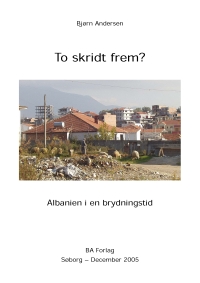Sidste Nyt fra Albanien, Kosóva og Makedonien
The Latest News from Albania, Kosóva and Macedonia
# 301 - 8' årgang - 05.05.2006
Version 1.0 •
PDF for printing •
Info om »Sidste Nyt«
Udgiver:
Bjørn Andersen
Publisher:
Bjoern Andersen

Præsident Moisiu har været vært for et uformelt møde i Durrës mellem Præsidenterne for landene i Syd-Øst Europa
![]()


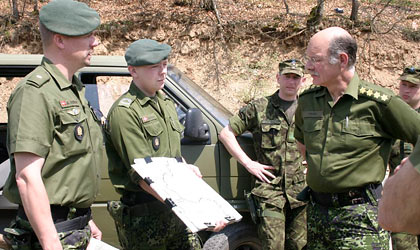
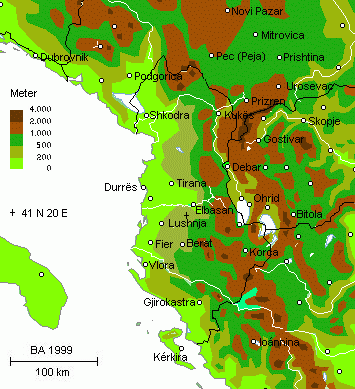
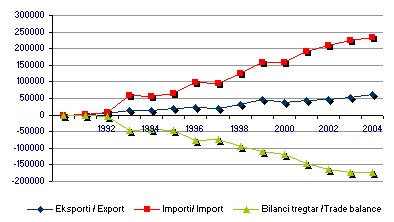




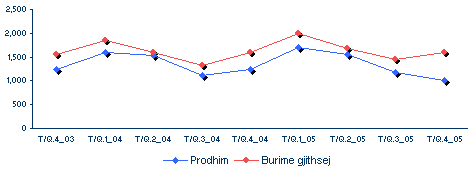
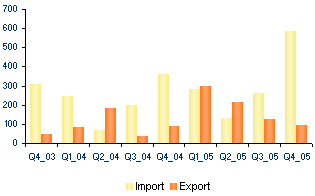
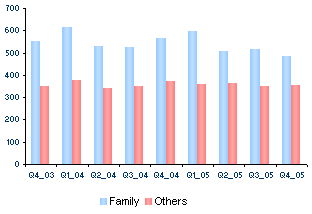
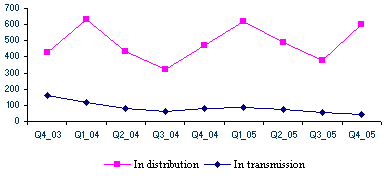 Definitions
Definitions

